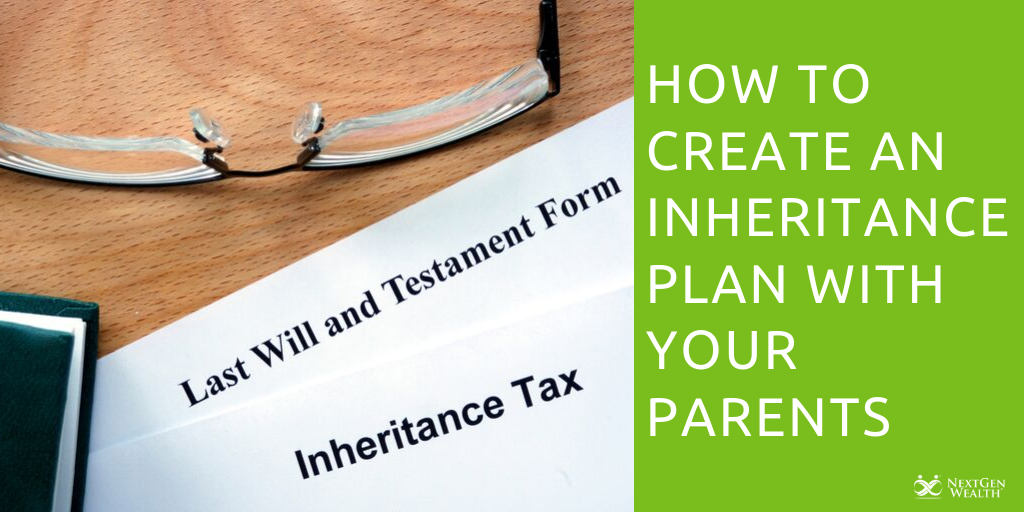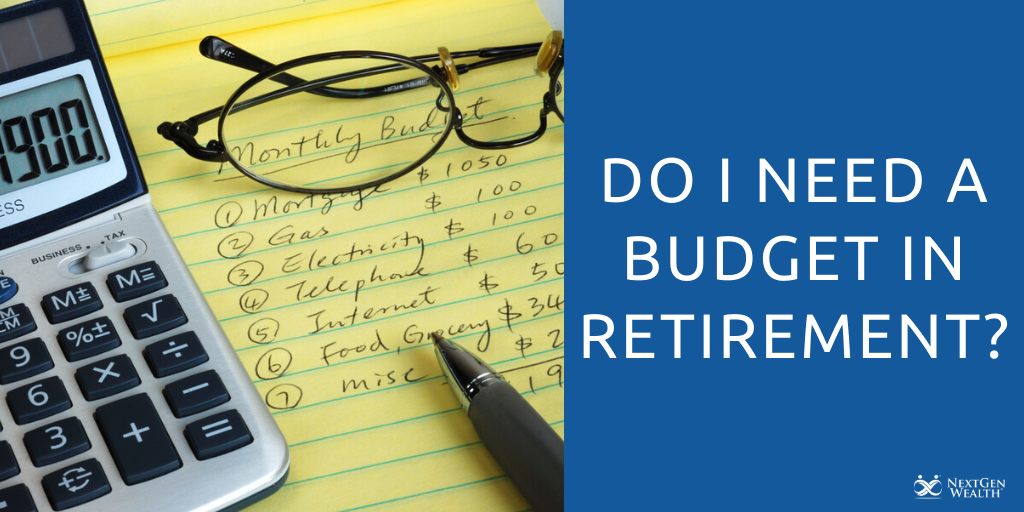Remember when saving for retirement used to be so easy? Yea, I don’t either because I wasn’t alive back then. However, if you were, all you had to do was work 40 years at your employer, get your pension and social security and then sail off into the retirement sunset.
Today, on the other hand, it's a totally different story. It now basically falls completely on your shoulders. There are so many questions. How much should I save in my 401k? What do I even invest in? What about a Roth IRA? The list can go on and on. Let's take it step-by-step to get you moving in the right direction so you can get to retirement – or what I like to call financial independence – sooner rather than later.

















